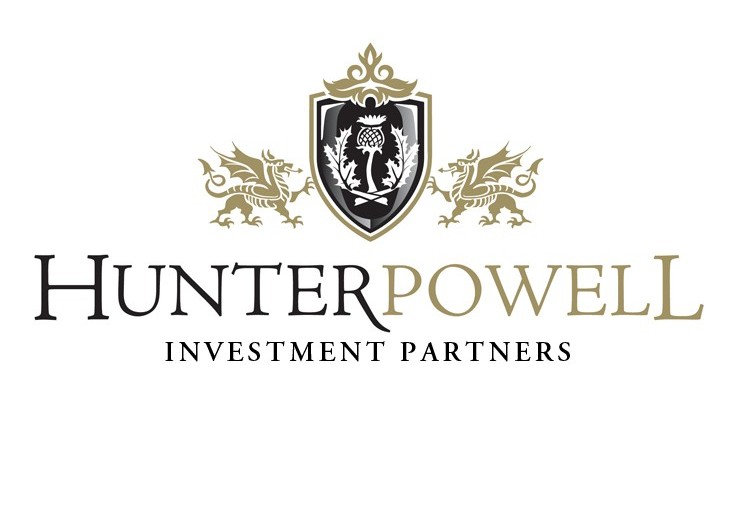Risk . . . is simply an assessment of how much you have to lose and how quickly you can bounce back from mistakes, aka failure; all offset with a natural optimism that leads entrepreneurs to believe that wild success is just around the corner.
Well . . . that’s how I viewed it at 22 years old when we started PC Direct. And you know, apart from the timeline being significantly shorter for bouncing back, and a wiser head that knows that wild success is highly correlated to good market research, a good business model, developing a great team, and a heap of hard work, very little has changed.
And yet everything has changed. I’m now 44; I have real responsibilities: Mother of two children, wife of a successful partner, Daughter and Sister to a crazy / wonderful family, Director on some amazing Boards, friend and confident to some amazing women . . . but in February 2012, I’m going to risk it all again with another start-up.
Entrepreneurs are eternally optimistic and quintessentially risk takers. One of New Zealand’s most successful entrepreneurs told me recently that he thought luck played a big part in success – in his case, as much as 40 percent. Agree or disagree, you have to be prepared to take the risks first to know whether lady luck is on your side. Risk and Reward go hand in glove.
New Zealand has a wealth of extraordinary women entrepreneurs; some high profile, some behind the scenes. So how are we viewed globally? In 2004, statistics suggested that women represented only 19% of senior management positions globally. By 2007 it increased to 24%; ditto for 2009. This year it has dropped back to 20%. But not in New Zealand. We have jumped from 27% in 2009 to 32% this year (Grant Thornton International Business Report, 2011).
NZ women have a long and colorful history at bucking trends, starting in 1893 by becoming the first country in the world to give women the vote in national elections. It has been suggested that the representation of women in government can be seen as an indicator of wider leadership representation more generally. We certainly saw that during Helen Clark’s era, with women holding all our top political, judicial and civic roles.
The question for me is – how does this translate into women in business? Particularly, what is the impact for women Owner / Managers of SME businesses?
Dr. Kate Lewis, research associate at Massey University’s Centre for SME Research, predicts that the proportion of women entrepreneurs is growing. 2007 statistics showed that women made up 36% of self-employed people in New Zealand; Dr Lewis believes this NZ trend will increase in line with global trends.
The Centre for Women’s Business Research (2009) shows 40% of private firms in the United States are now owned by women. A ten-fold increase from 30 years ago. Internationally, women are starting businesses at twice the rate of men, with young women and mums being two of the fastest growing women entrepreneur demographics.
What drives this trend? Are women becoming more comfortable with risk? Are we more willing to chance an uncertain future and possible failure for the speculative gains of self employment? Or is it a more complex blend of all these dynamics, together with a desire for greater flexibility, better work/life balance and the ability to blend motherhood with career and financial aspirations?
The answer is likely as varied as the women themselves. While I couldn’t have envisioned it at 22 years old when I co-founded PC Direct, the ability, some 9 years later, to attend a meeting, stow my baby son under the board room table and surreptitiously rock him with my foot, while I helped judge the More Magazine “Women To Watch”, exemplifies the space women seek to create as we endeavor to combine family and career. Ultimately, self employment gives women flexibility; it enables us to achieve personal and professional goals on our terms. But it comes with an overwhelming amount of juggling and hard work. The greater the success; the greater the juggling. Still, we self-employed gals get to choose how many balls we throw in the air (sorry lads) and choice, after all, is flexibility by another name.
Some 14 years later, I still cherish the flexibility provided by professional Directorships, Not-for-Profit commitments and self employment. And . . . in February 2012, I’m going to risk it all again with another start-up.
Sharon Hunter is a Director of Hunter Powell Investment Partners, Primary Growth Partnership (a Government entity under MAF), Starship Foundation. Robin Hood Foundation & Rugby world Cup 2011 Office.
